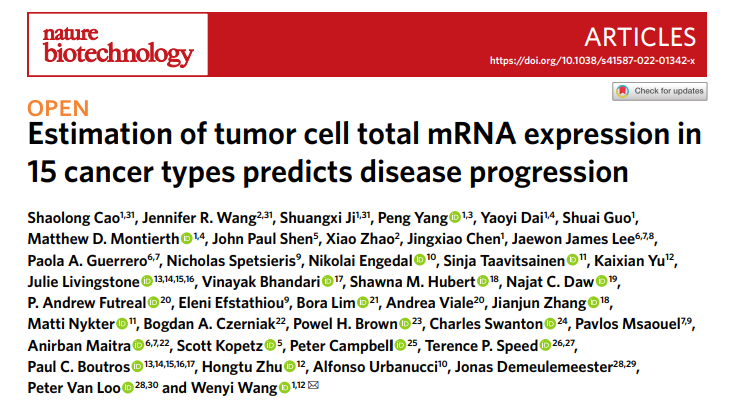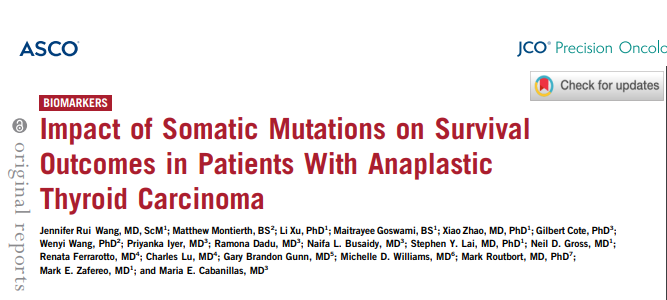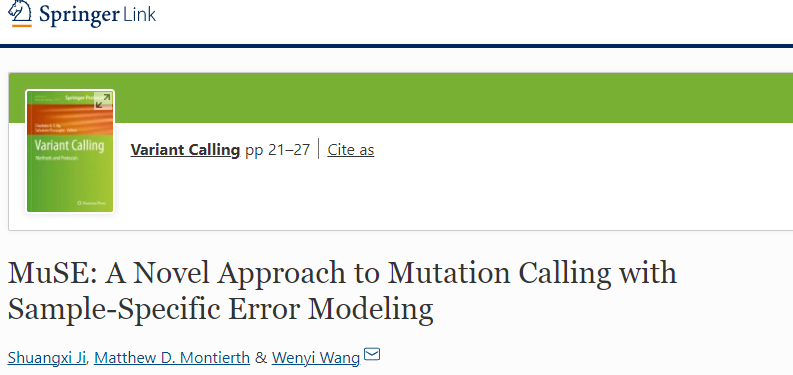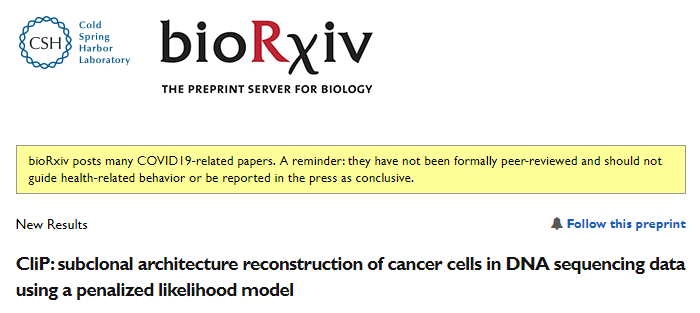Cancer Genomics
I have contributed to our lab's somatic mutation calling pipeline and software, MuSE. I've also collaborated with clinicians and specialists to define the mutational landscape of anaplastic thyroid cancer and esophageal cancer.
I have contributed to our lab's somatic mutation calling pipeline and software, MuSE. I've also collaborated with clinicians and specialists to define the mutational landscape of anaplastic thyroid cancer and esophageal cancer.
miRNAs are key regulators of gene expression. Our lab has recently published TmS, a metric for quantifying the total mRNA expression of a tumor sample. Using data from TCGA, I am working to better understand TmS by identifying cancer-specific and pan-cancer associations with miRNAs.
Computational deconvolution is a powerful tool for identifying cell type- and tumor-specific patterns from bulk RNA-seq data. My main thesis project addresses the need for a tool specifically designed for the deconvolution of miRNA data.
Cancers originate from a single cell that acquires oncogenic mutations. The descendants of that cell will share these clonal mutations, with subpopulations emerging that share subclonal mutations. Identifying these mutations is key to studying tumor evolution and heterogeneity and is critical for precision oncology. Our method, CliP, is an extremely fast and accurate tool enabling this study.

This study presents a method to quantify tumor-specific total mRNA expression (TmS) from bulk sequencing data, accounting for tumor transcript proportion, purity, and ploidy. High TmS is associated with increased risk of disease progression and death across cancers.

This research investigates the association between tumor mutations and survival outcomes in patients with anaplastic thyroid carcinoma, emphasizing the prognostic importance of mutations in BRAFV600E and RAS.

MuSE is a novel approach for accurate detection of somatic mutations in genetically heterogeneous tumor cell populations. This publication describes the method and provides a tutorial on its installation and application.

CliP is a penalized likelihood framework for subclonal reconstruction in cancer cells, offering high accuracy and speed compared to existing methods. This publication discusses its development and application.

This study introduces Famdenovo, a model for predicting deleterious de novo mutations in inherited cancer syndromes, with a focus on Li-Fraumeni syndrome. The model provides insights into the distinct molecular mechanisms of de novo mutations.